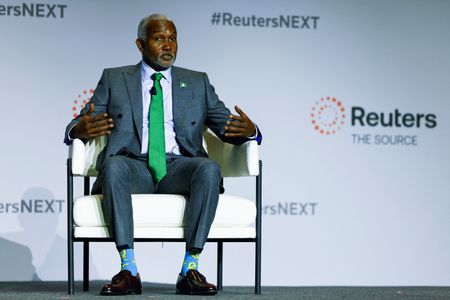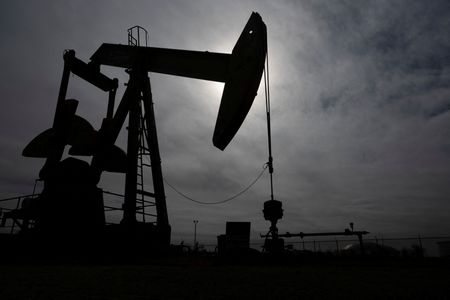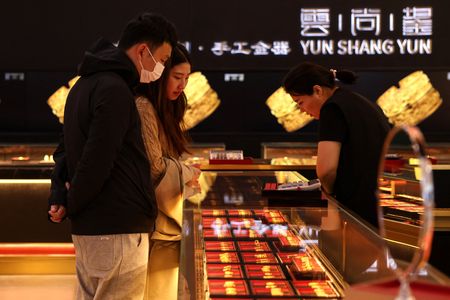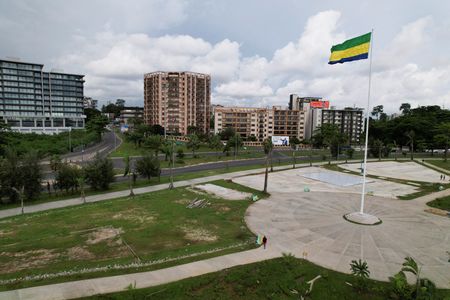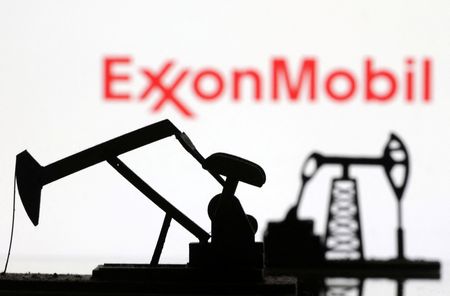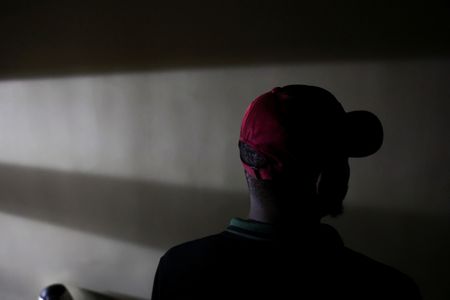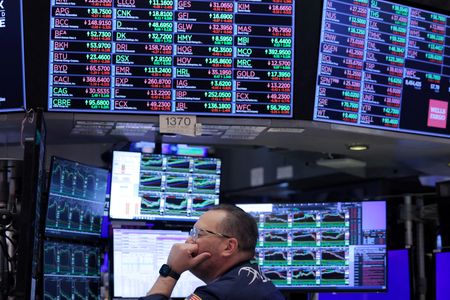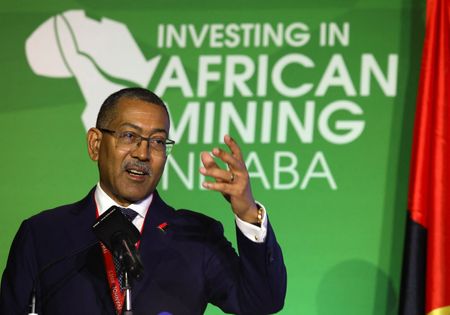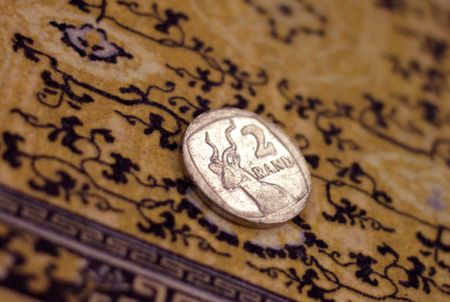(Corrects paragraph 6 to make clear Nigerian oil and gas are exempt from U.S. tariff of 15%)
By Jana Choukeir and Nayera Abdallah
ABU DHABI (Reuters) -Rich countries should not approach trade with Africa as a game of Minecraft in which they secure supplies of natural resources, but rather as a relationship based on mutual respect and the need for Africa to develop, Nigeria’s foreign minister said.
Yusuf Tuggar also said that Nigeria, Africa’s most populous country and a crude oil exporter with chronic problems including a huge power deficit, was less affected by U.S. trade tariffs than other countries and was focused on a range of trading partners.
“Sometimes it’s like the game Minecraft: There’s oil, there’s gas, there’s critical minerals, rare earths. We put a bit of this, we invest in this. No, that’s not the way it goes,” Tuggar told the Reuters NEXT Gulf summit in Abu Dhabi.
“The engagement should be based on mutual respect, based on shared interests and based on the fact that Africa needs to develop. If it doesn’t develop, we continue to deal with irregular migration, with all these other challenges.”
The popular video game Minecraft involves players exploring a 3D world made of cubes in which they can mine materials, craft tools and build structures.
RELATIVELY INSULATED FROM TRUMP TARIFFS
Tuggar said Nigeria was better placed than some other countries to withstand U.S. President Donald Trump’s tariffs policy, which imposes a 15% levy on goods from Nigeria. Oil and gas are exempt.
He cited Nigeria’s huge internal market with a population of 230 million, expected to grow to 400 million by 2050, and its relationships with other trading partners such as China, India and Brazil.
Asked about measures to create jobs and boost investment, Tuggar pointed to the stabilisation of the exchange rate and renewed availability of foreign exchange after years of crisis.
He also mentioned tax cuts, a power reform that decouples different components of the sector to make it easier to invest, and feed-in tariffs for renewable energy.
Successive Nigerian governments have talked for decades about improving the power supply across the vast nation, with limited improvement on the ground, which investors cite as one of the main obstacles to doing business in the country.
Four in 10 Nigerians do not have access to electricity, according to the World Bank, while in big cities power cuts lasting hours or days on end are a daily reality. Those who can afford to rely on noisy, polluting diesel generators to get by.
CHRISTIAN PERSECUTION CLAIMS ARE MAJOR CHALLENGE
Tuggar also referred to a recent surge in claims of a “Christian genocide” circulating online and amplified by some U.S. media figures. Nigerian officials have rejected the claims as gross distortions of its complicated reality.
“One of our major challenges at the moment is the false narratives that are being created about Nigeria, this issue of religious persecution, Christians are being persecuted, which couldn’t be further from the truth, and it’s something that I think the investors need to come and see for themselves,” he said.
A nation of more than 200 ethnic groups practising Christianity, Islam and traditional religions, Nigeria has a long history of peaceful coexistence. Its cities are dotted with mosques and churches and both Muslim and Christian prayers are said at most public events.
It also has a long history of violence breaking out between groups, in which religious differences sometimes overlap with other fault lines such as ethnic divisions or conflict between herders and farmers over scarce land and water resources.
For 15 years, the extremist Islamist armed group Boko Haram has terrorised northeast Nigeria, an insurgency that has killed tens of thousands of people, mostly Muslims.
To view the live broadcast of the World Stage go to the Reuters NEXT news page:
(Additional reporting by MacDonald Dzirutwe in Lagos; Writing by Estelle Shirbon; Editing by Andrew Heavens and Mark Potter)

